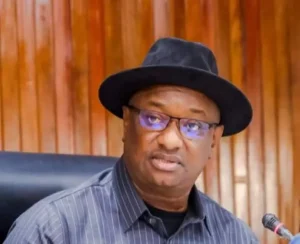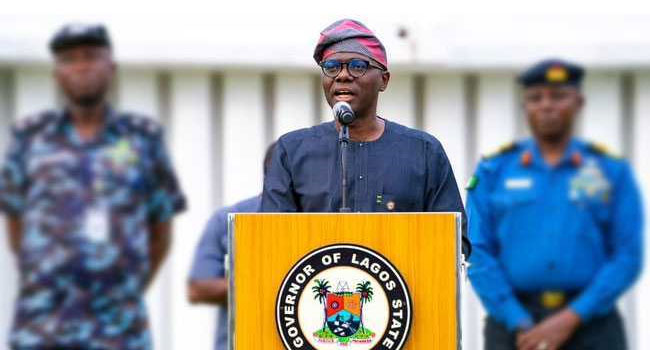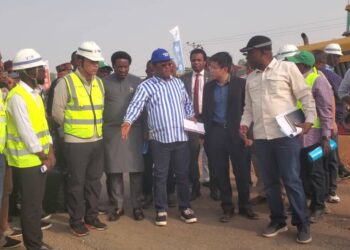Minister of Humanitarian Affairs, Disaster Management and Social Development (MHADMSD), Hajia Sadiya Umar Farouq, has expressed Nigeria’s commitment to end statelessness by developing regulations to eliminate gender-based discrimination.
She stated this Thursday when she led a Nigerian delegation to address a high level segment on statelessness at the ongoing 70th Executive Committee (ExCom) session of the United Nations High Commissioner’s for Refugees programme in Geneva, Switzerland.
Present at the High Level Segment included the UN Deputy Secretary-General, Ms. Amina Mohammed, High Commissioner for Refugees, Mr. Fillippo Grandi, Chairperson of the Executive Committee, Ambassador Boudjemaa Delmi, among others.
In a statement made available to Blueprint Thursday in Abuja by her media office, the minister gave an overview of statelessness in Nigeria, stating that it dates back to the ceding of Bakassi Pennisula to Cameroon; which left the inhabitants of the pennisula uncertain of their citizenship and more recently the Boko Haram insurgency, which has led to mass displacements of persons.
The statement quotes Farouq as saying: “Nigeria ratified the 1954 Convention related to the status of stateless persons and the 1961 convention on the reduction of statelessness: the two being the key international conventions that addresses statelessness and are backed by international human right treaties and provisions. Similarly, Nigeria signed the Abidjan declaration on the eradication of statelessness in ECOWAS member states.
“This led to the development of the National Action Plan to eradicate statelessness in Nigeria. President Muhammadu Buhari had endorsed 5 pledges to end statelessness in Nigeria.
The National Action plan recognises the linkages between eradication of statelessness and the national development agenda. Stakeholders should engage and collaborate efforts at federal, state and local levels.”
Excom, the UNHCR’s governing Executive Committee, meets every year in Geneva to review and approve the agency’s programmes and advise on protection while discussing other issues with intergovernmental and non governmental partners.



